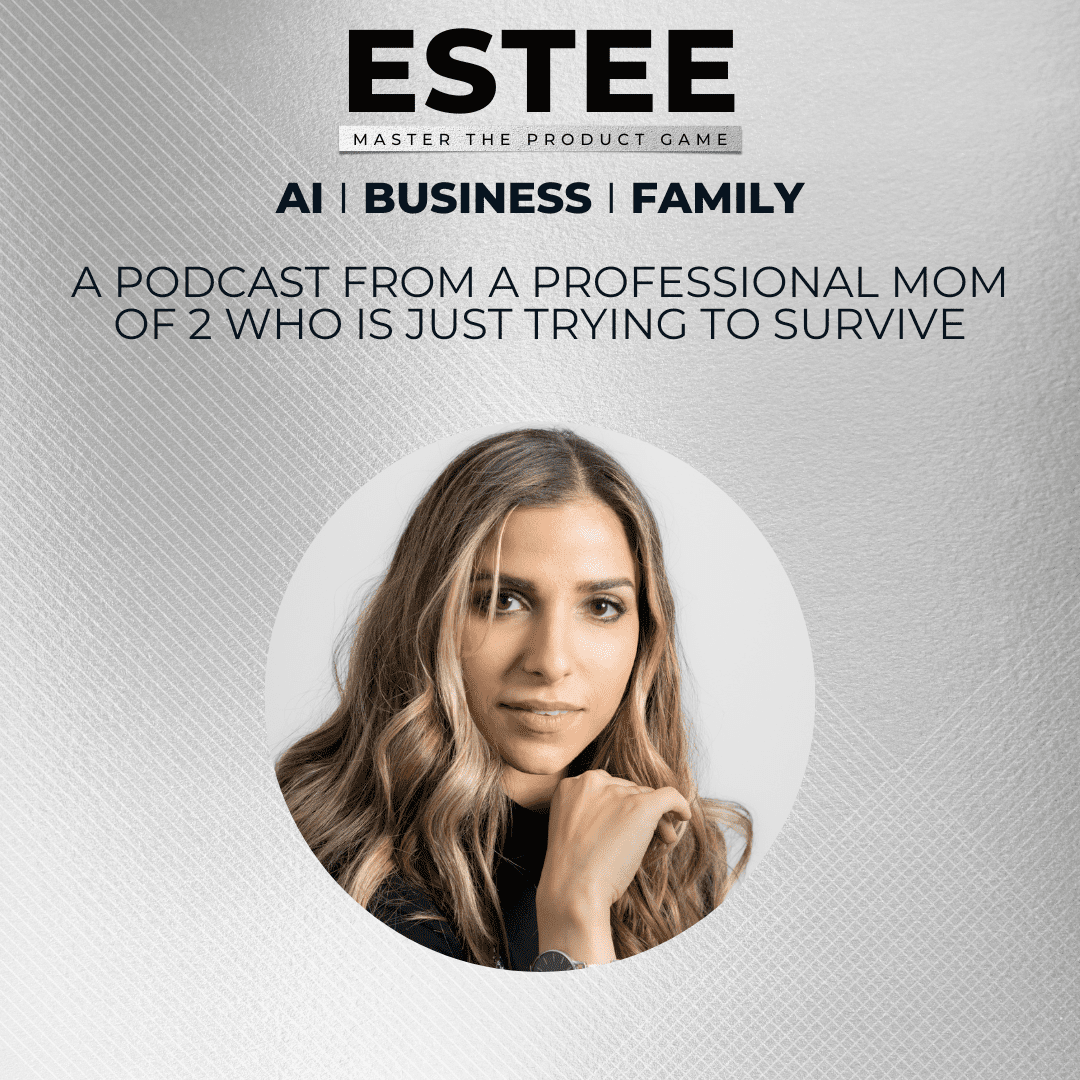Embracing Our Stories in Grief
“We all have our own story. And we stay attached to our story. This can stop us from growing and living. You wanna make your life better? Change your story, change your life.”
Tony Robbins
In the journey of life, our stories define us. They shape our perceptions, decisions, and how we navigate the world. But what happens when our story is rewritten abruptly by loss? Grief has a way of freezing time, leaving us suspended in a moment that feels perpetually numbing and confining.
Grief can be a heavyweight, locking us into a narrative that echoes pain and loss. The struggle to move forward becomes entwined with clinging to this story—the life before the loss, the ‘what-ifs,’ and the relentless whys. It’s as though time stands still, and we’re held captive by the past, preventing any movement toward healing and peace of mind.
As if grief weren’t enough, the gremlins of self-doubt creep in. They whisper cruel words about our ability to cope, to move forward, to find joy again. This inner critic magnifies our vulnerabilities, leaving us second-guessing our every step, every emotion, and every attempt at healing.
But what if, instead of resisting, we leaned into our grief? What if we embraced our shattered stories and acknowledged the pain as part of our journey? It’s not about discarding our history but reframing it. That’s the power of embracing grief. Accepting that the story has changed but hasn’t ended. It’s a pivotal shift from being held captive by grief to using it as a catalyst for Growth.
Tony Robbins’s words resonate profoundly when we find the courage to alter our narrative—when we cease being defined solely by the pain of loss—we break free from the shackles of stagnation. It’s not about erasing the past but reconstructing it in a way that allows you to grow, honour the memories, and find new meaning amidst the sorrow.
This transformation is not immediate, nor is it linear. It’s messy, filled with twists and turns, highs and lows. It’s about allowing yourself the grace to rewrite your story at your own pace, in your way. It’s about honouring the grief, acknowledging its presence without letting it define you entirely.
Grief, when embraced, becomes a compass guiding toward self-compassion and self-awareness. It encourages you to extend empathy to yourself, acknowledging that healing isn’t about ‘moving on’ but about ‘moving forward’ with grief as an integral part of who you are.
Grief threads its way into your stories, changing the narrative, yet it doesn’t have to define who you are right now. By embracing your grief, you don’t let it stop your story; rather, you allow it to shape a different version of resilience, growth, and profound love.
So, if you’re amidst the echoes of grief, know that your story is not frozen. It’s evolving. And as you rewrite it, remember: you’re not erasing the past; you’re reclaiming your narrative, one step at a time.
Remember, this journey is yours, and I’m here beside you, honouring your story, and embracing your journey.
This is an emotional and personal path, one that requires tenderness and self-compassion. So, take your time, lean into the grief, and let it be the cornerstone of a story that’s still unfolding—one that’s resilient, beautiful, and uniquely yours.

























